What Binoculars For Safari?
When choosing binoculars for a safari, it is important to consider factors such as magnification, objective lens size, and durability. A magnification of 8x or 10x is recommended for safari viewing, as it provides a good balance between magnification and stability. The objective lens size should be at least 42mm to allow for sufficient light transmission in low-light conditions. Additionally, binoculars with a rugged and waterproof design are ideal for the harsh safari environment. Some popular brands for safari binoculars include Nikon, Vortex, and Zeiss.
1、 Magnification and Objective Lens Diameter
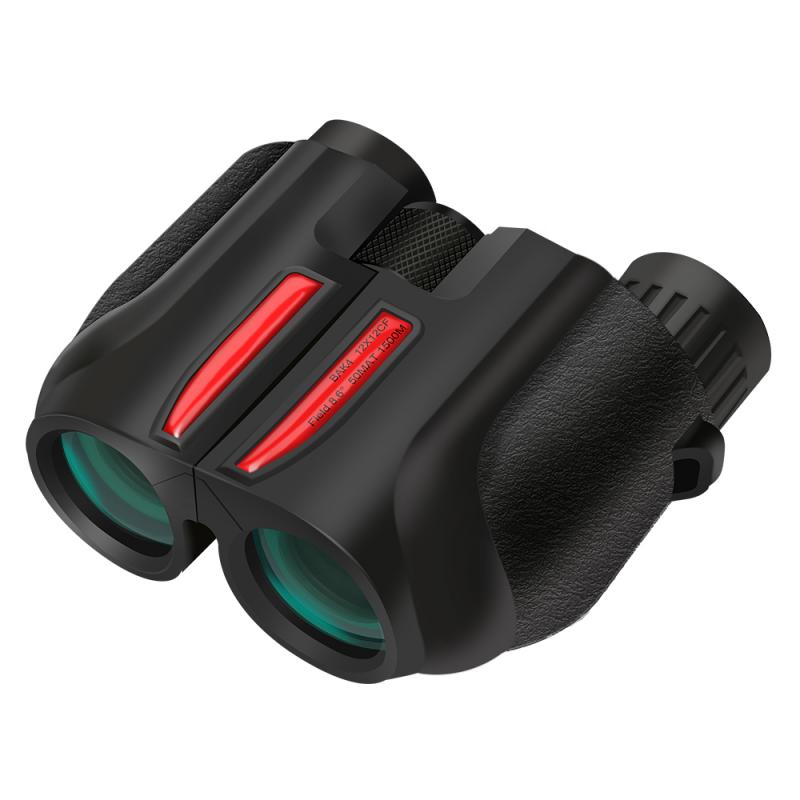
What binoculars for safari? When it comes to choosing the right binoculars for a safari, there are a few key factors to consider. One of the most important is magnification and objective lens diameter. Magnification refers to how much closer the binoculars can make objects appear, while objective lens diameter refers to the size of the front lenses that gather light.
For safari, it is recommended to choose binoculars with a magnification of 8x or 10x and an objective lens diameter of at least 42mm. This combination provides a good balance between magnification and brightness, allowing you to see distant animals clearly even in low light conditions.
However, it is important to note that there are other factors to consider when choosing binoculars for safari, such as the quality of the optics, the durability of the construction, and the weight and size of the binoculars. It is also worth considering features such as waterproofing and anti-fogging, which can be important in the often-humid conditions of a safari.
In recent years, there has been a trend towards using compact binoculars for safari, which are lighter and easier to carry than traditional models. However, it is important to ensure that the compact binoculars still have a sufficient magnification and objective lens diameter to provide a clear and bright image.
Ultimately, the best binoculars for safari will depend on your individual needs and preferences, as well as your budget. It is worth investing in a high-quality pair of binoculars, as they can greatly enhance your safari experience and allow you to see wildlife in greater detail.
2、 Field of View
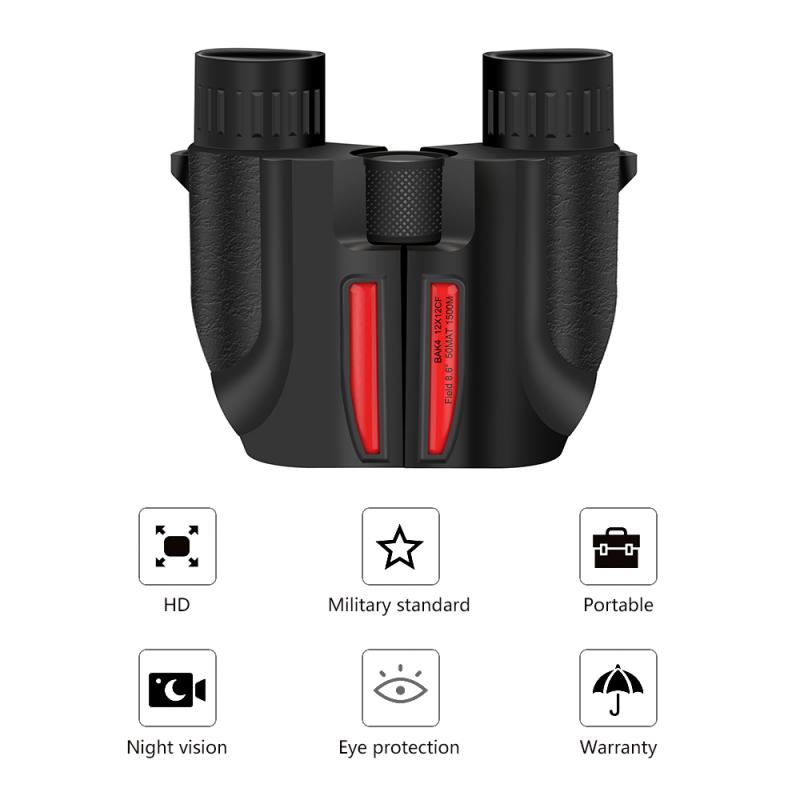
What binoculars for safari?
When it comes to choosing binoculars for a safari, there are a few key factors to consider. One of the most important is the field of view. A wider field of view allows you to see more of the surrounding area, making it easier to spot wildlife and track their movements. Look for binoculars with a field of view of at least 300 feet at 1000 yards.
Another important factor is magnification. While it may be tempting to go for the highest magnification possible, keep in mind that higher magnification can make it more difficult to keep the image steady and can also reduce the field of view. A magnification of 8x or 10x is usually sufficient for safari viewing.
Other factors to consider include the size and weight of the binoculars, as well as their durability and weather resistance. Look for binoculars with a rubber coating for a better grip and protection against drops and bumps.
One of the latest trends in safari binoculars is the use of image stabilization technology, which helps to reduce hand shake and produce a steadier image. However, these binoculars tend to be more expensive and may not be necessary for all safari-goers.
Overall, when choosing binoculars for a safari, prioritize a wide field of view, a reasonable magnification, and durability.
3、 Lens Coating
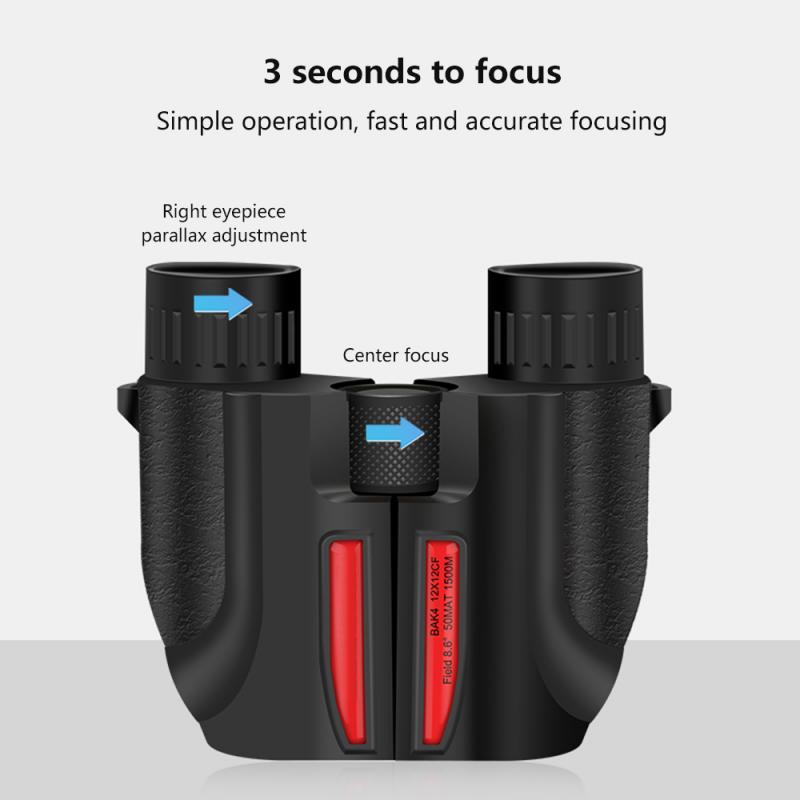
"What binoculars for safari" is a common question among wildlife enthusiasts planning a safari trip. The ideal binoculars for safari should have a magnification of at least 8x and an objective lens diameter of 42mm or more. This combination provides a good balance between magnification and light-gathering ability, which is essential for spotting wildlife in low light conditions.
Another important factor to consider when choosing binoculars for safari is the lens coating. The lens coating determines the amount of light that enters the binoculars and the quality of the image produced. The latest point of view is that binoculars with fully multi-coated lenses are the best for safari. Fully multi-coated lenses have multiple layers of anti-reflective coatings on all air-to-glass surfaces, which reduces glare and improves image clarity and brightness.
Additionally, binoculars with phase-corrected prisms are also recommended for safari. Phase-corrected prisms ensure that the light passing through the binoculars is correctly aligned, resulting in a sharper and clearer image. Binoculars with a wide field of view are also ideal for safari as they allow you to scan a larger area and spot wildlife more easily.
In conclusion, when choosing binoculars for safari, it is important to consider the magnification, objective lens diameter, lens coating, prism type, and field of view. Binoculars with fully multi-coated lenses, phase-corrected prisms, and a wide field of view are the best for safari.
4、 Durability and Weather Resistance
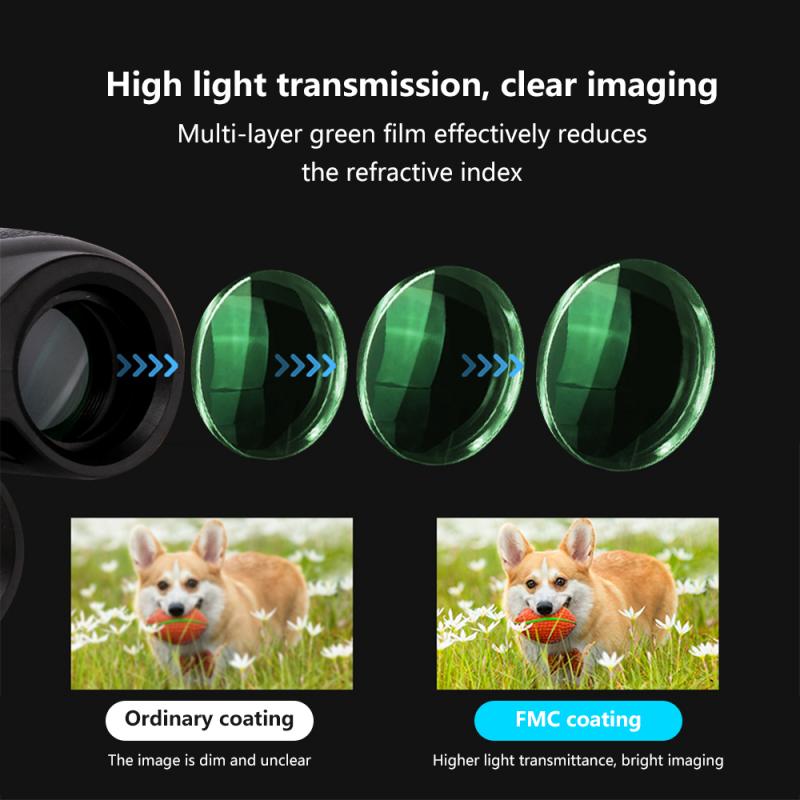
What binoculars for safari?
When it comes to choosing binoculars for a safari, there are a few key factors to consider. One of the most important is durability and weather resistance. Safari conditions can be tough, with dust, heat, and moisture all posing potential challenges for your gear. You want binoculars that can withstand these conditions and keep performing at their best.
One option to consider is binoculars with a rugged, waterproof design. Look for models that are sealed and nitrogen-purged to prevent fogging and moisture damage. Some binoculars also feature rubber armor coatings to protect against bumps and drops.
Another important consideration is optical quality. You want binoculars that can deliver clear, bright images even in low light conditions. Look for models with high-quality lenses and coatings that can enhance contrast and reduce glare.
Finally, consider the size and weight of your binoculars. You'll be carrying them around with you for long periods of time, so you want something that's comfortable to hold and easy to pack. Compact, lightweight models can be a good choice for safari travel.
Overall, when choosing binoculars for a safari, prioritize durability, weather resistance, and optical quality. With the right pair of binoculars, you'll be able to enjoy all the amazing sights and experiences that a safari has to offer.

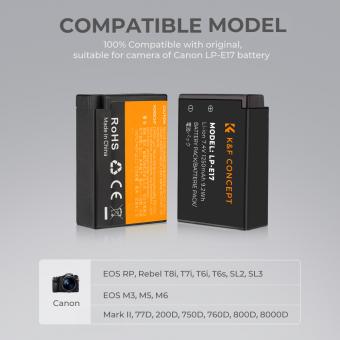






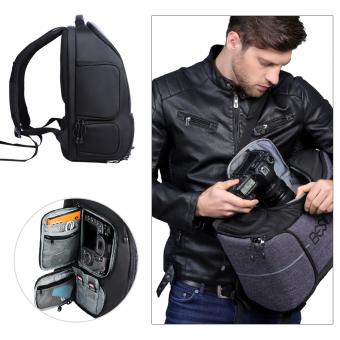

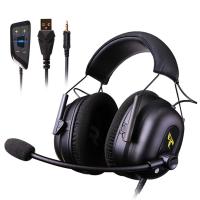
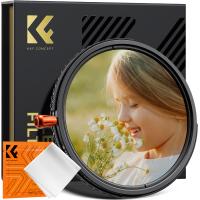
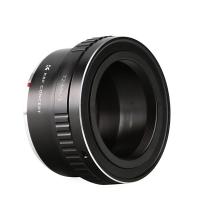
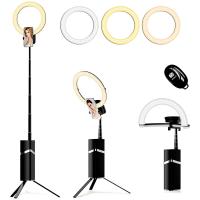
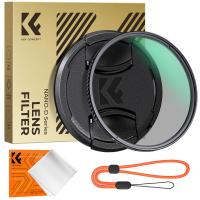
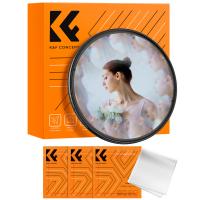
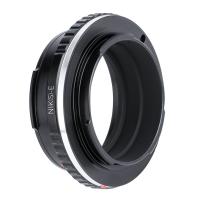
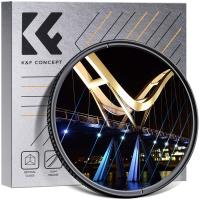
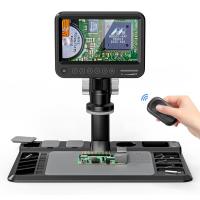
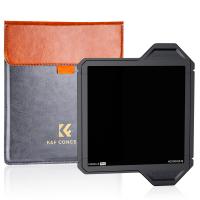
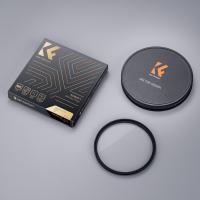
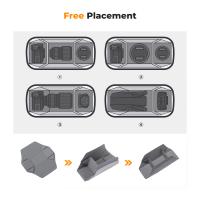
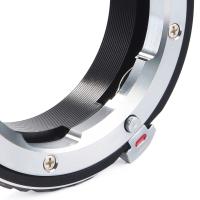


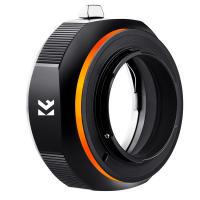
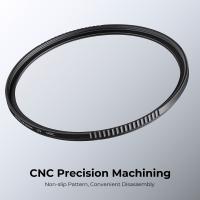
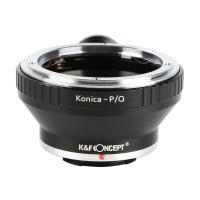

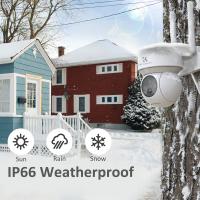
There are no comments for this blog.